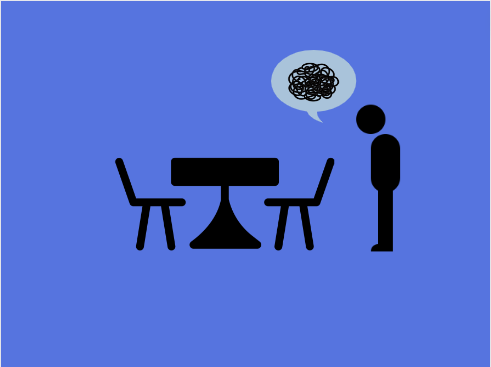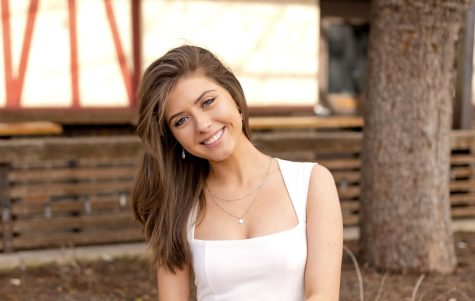Stop the selfishness and see the suffering around you
April 18, 2013
3 people died, and more than 140 were injured, in bombings at the Boston Marathon three days ago. 15 died, with more than 160 injuries, less than two hours from my house last night in West, Texas.
And yet, all my lunch table talked about today was prom.
I have reached the conclusion lately that teenagers, myself included, are undeniably and inexcusably self-absorbed. Maybe it is because we are young, maybe it is because we are sheltered, maybe it is because we are ignorant, but as tragedies rage on around us, it is difficult to care, unless they affect us directly.
Not to say that we do not feel for the families of those who died in the Boston Marathon. When we hear about tragedy, we do feel sad for those affected. Maybe we even mention it to our friends to make conversation or tweet a sympathetic hashtag (“#PrayForBoston, and #PrayForWest” have been trending in the last few days). But when it comes down to it, these seemingly far-off tragedies fall far below our own adolescent struggles on the list of things we dedicate time and worry to. I cried last night, but it wasn’t for an eight year old boy that died while waiting for his dad at the finish line at Copley Square, and it wasn’t for the volunteer firefighters that lost their lives trying to save others from a fertilizer plant in West.
No, I cried because I got home late and was stressed out by the amount of AP Environmental Science homework I had.
There is a song by one of my favorite bands, Jenny and Tyler, called Desperate Faces. The lyrics to the chorus are:
“A thousand die, and that news goes by,
And I don’t think twice, cause’ it’s not my life.
A thousand die and I do not cry,
Though at times I’ve tried, it’s a hopeless fight,
I’ve come to the conclusion…
I cannot change myself”
This is the mentality that I feel in those around me, and in myself. We know that we should care, we know that we should feel something for those suffering. But when it comes down to it, our mountain of environmental science homework outweighs any twinges of pity we feel for those who just lost a son, or a mother, or a sister.
So can we change? Is it inevitable that we are so enveloped by our selfish struggles that they eclipse any empathy for the pain of others?
I think we can- to an extent. As we grow older, gain perspective, and move away from the sheltered bubble of the Lovejoy community, I hope we also move away from the selfish notion that our pain is greater than our neighbor’s.
My 22-year-old cousin is dying of brain cancer. Eight months ago, he was a healthy, happy college senior, and now he is nearly paralyzed, and sitting in a room with his family around him, with nothing to do but wait for the end.
His story has really shaken me over the last eight months. He was just a typical kid. He had a knack for music. He loved playing in the creek behind his house with his friends. He had plans and hopes for the future, just like me. He probably had menial teenage struggles too. But in less than a year, through no fault of his own, everything he had was taken away.
What happened in Boston, and in West, was tragic. What is happening to my cousin, and to so many others, is tragic. But tragedies happen, and there are lessons that can be taken from them. I’ve learned one of those lessons this year: we can’t allow ourselves to become so wrapped up in our own problems that we lose sight of those around us, and we can’t lose an appreciation for everything that is going right in our life. You have more to be grateful for than we think; and you never know when it could be taken away.















Anonymous • Apr 19, 2013 at 9:33 am
Our problem is society dictates that we must be self-asorbed and that we should only care about ourselves because its a “dog eat dog” world, and so if it doesn’t affect us directly then we don’t care, I don’t see anyone saying anything about all the people that died in the Middle East from similar bombings yet we freak out when 3 people die and about a hundred get injured somewhat close to us (yes it is sad and I’m not trying to be insensitive but thats not the point). It’s a matter of proximity, if something happens half way around the world we don’t care, if the same thing happens in our backyard we go crazy.